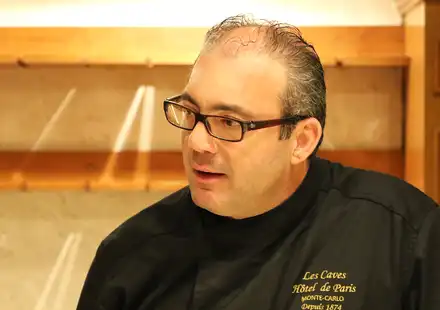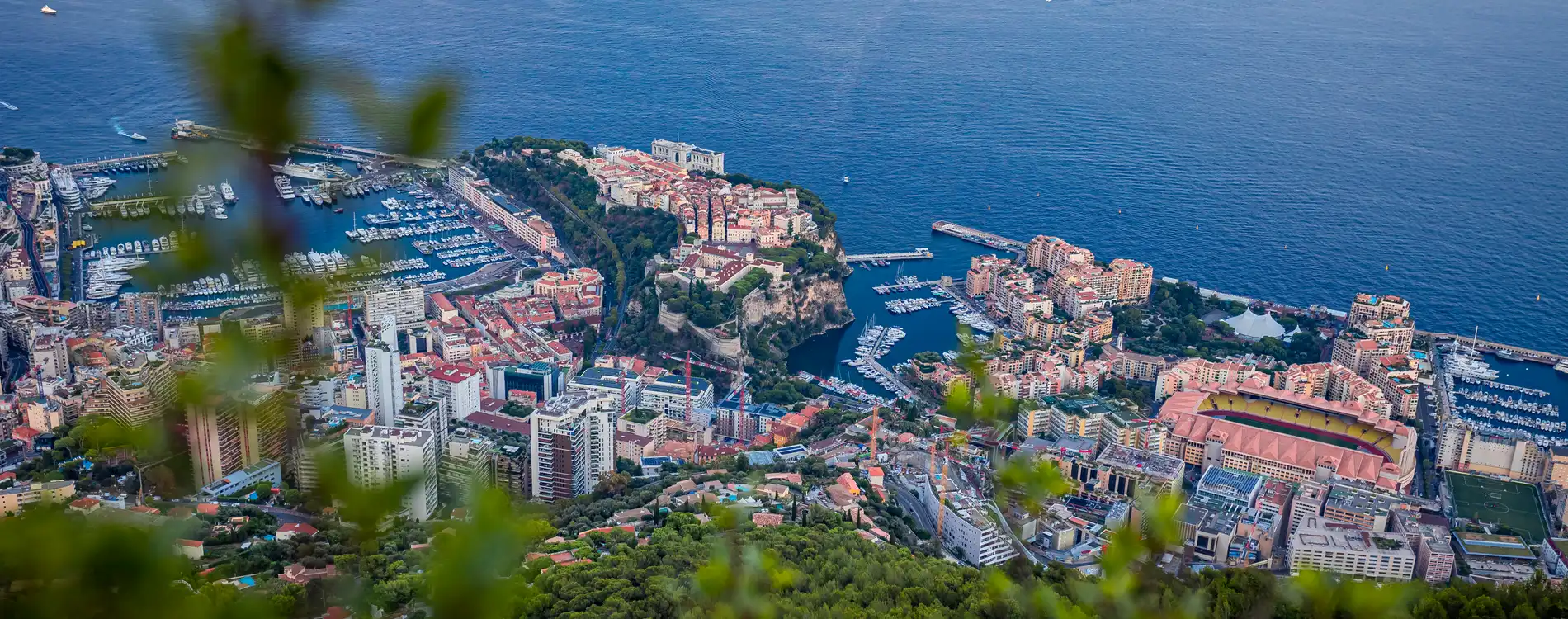Published on November 17, 2023Updated on November 30, 2023
Thanks to its ‘Extended Monaco’ programme and a myriad of digital innovations, the government of Monaco is boosting its public services. Big data, digital aid in decision-making, digitalization of services, etc. There is no lack of tools to make the city-State an example of a smart-city on a human scale. Frédéric Genta, head of Attractiveness and the Digital Transition, and Georges Gambarini, head of the Smart City programme at the Digital Transition Office, tell us more.
What are the main steps of Monaco’s transformation into a smart city?
Frédéric Genta. In March 2018, the Principality of Monaco had very few governmental digital services for mobility, administrative life, health and education, with outdated digital infrastructures. With the launch of the Extended Monaco programme in April 2019 by H.S.H. Prince Albert II, the government has given real impetus to the principality’s digital policy. Every year, many projects are achieved: they bring tangible benefits for the Monegasque economy and the everyday lives of the population, residents and workers, without undercutting the local services that are so dear to the people.
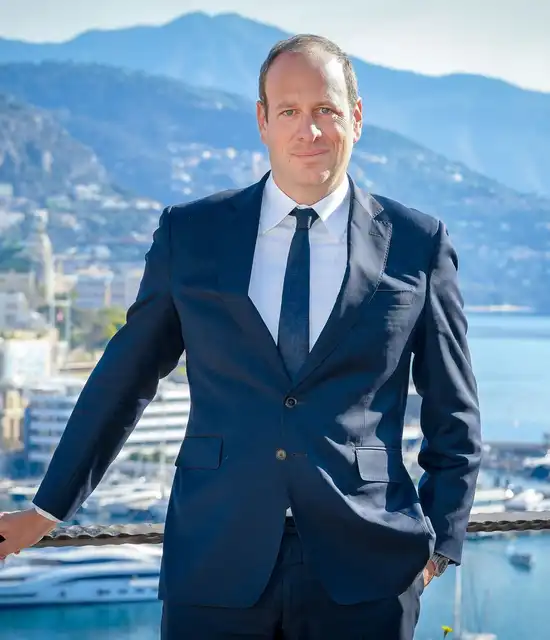
In the space of five years, improvements have been made in all fields:
- efficient, secure and sovereign digital infrastructures have been created: a sovereign cloud, a first in Europe, a sovereign digital identity for all the Monegasque people and residents, a 5G network that covers the entire territory and fibre for the general public and professionals, with the highest speed in the world;
- a single online portal has been set up for all administrative procedures;
- mobile applications have been designed to rethink mobility and the experience of city dwellers;
- a pedagogical innovation programme for the complete educational cycle has been put in place, which helps modernize learning techniques while teaching the young generation to master digital tools and issues;
- a recovery and investment plan has enabled more than 500 local businesses to lead digital transformation projects.
What are the development stakes of the current digital transformation in the Principality and the city of Monaco?
Georges Gambarini. Today the digital revolution is a lever for the general transformation of our country and public action, with an ambitious mission: to improve and simplify the everyday lives of the population, workers and visitors, for a better experience in the city.
We want a more connected, safer and more inclusive Principality, with digital technologies and services that enable the population to have easier access to the city’s resources and their everyday needs: an events calendar, opening times and public transport tickets, information about work sites and road closures, etc.
Finally, digital technology is also an essential foundation for major governmental decisions and current public policies concerning major issues: use of more environmentally-friendly mobility options, transmission of urgent information of general interest such as real-time traffic information, online transport ticket purchasing, etc.
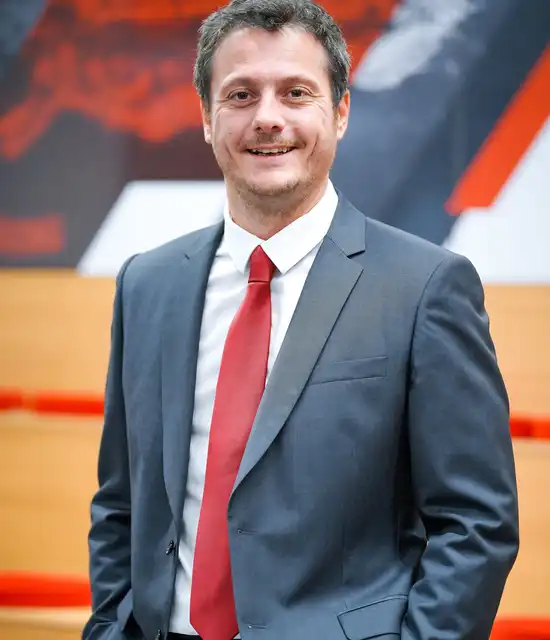
Frédéric Genta. The major stake today is inclusion. It is obvious for senior citizens, but it is also important for youngsters, because mastering digital technology is not just about using the social networks. Without mastered access, an individual is likely to be less informed and even renounce certain rights, and is consequently excluded. Our goal is to ensure that everyone can be part of the learning curve demanded by the speed of technological change. In Monaco, we refuse to force things, and that is why we leave the population the choice to continue to do things the old way, with agents still available at the administrative counters. We are fully aware that human contact is indispensable. The digital revolution should be seen as an opportunity.
With the help of all the State departments, we have taken measures at all levels to assist the population: from a young age with an IT programme at school, through to the training of directors and employees thanks to our Extended Monaco for Businesses programme. And since this summer, in partnership with Monaco Telecom and the City Hall of Monaco, we have opened a Digital Workplace, open to the public 6 days a week to welcome anyone seeking information or wishing to discuss or learn about digital technology via workshops and themed conferences. So, the entire population can get the most out of the digital revolution.
What are the next big measures currently being studied in terms of the digital transition and the smart-city in Monaco?
Georges Gambarini. Thanks to the efficient digital infrastructures put in place in the past five years, we can now envisage a progressive industrialisation of decisional aid in terms of city management. The stake for smart cities in the next few years is the capacity to master the data that is useful to urban governance. In Monaco even more than elsewhere, the complexity of the urban context will make data the driving force for an even smarter and more agile urban governance.
We need to consider the city like a living organism in constant movement. From now on, managing the health of the city means that we need to monitor it in real time to feed the decisional processes.
That’s why the government is rolling out networks of sensors (air and pollen, air quality, traffic flows, pedestrian flows, noise levels, etc.) which allow us to build a foundation of data that will be re-injected into decisional aid tools. These powerful tools will concern all the fields of city management: mobility, security, urban planning, etc. The real paradigm shift will lie in the capacity to use this data and these tools on a daily basis in a dynamic and operational logic.
You might also like…
Interview with Bruno Mantovani for the Spring Art Festival
Bruno Mantovani, the festival’s artistic director, embarks on a new journey through the classical repertoire on the theme “Ma fin est mon commencement” (My end is my beginning), making connections with the other arts and senses.
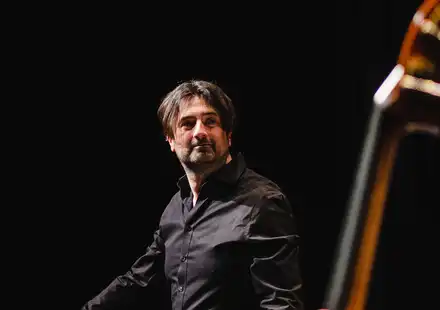
Jacques-Aurélien Marcireau: AI is the first and foremost data
Jacques-Aurélien Marcireau is joint deputy CIO for equities at the Edmond de Rothschild group and manager of the Big Data fund. Here he briefs us on the much-mythologised subject of AI.

Interview with Gennaro Iorio: Head Cellarman of the Hôtel de Paris Monte-Carlo
Meet the manager of the Wine Cellars of the Hôtel de Paris Monte-Carlo, the largest hotel cellar in the world, and find out more about his career and his passion for wine.
